
Friedrich Julius Stahl, German constitutional lawyer, political philosopher and politician.

Joseph Hergenröther was a German Church historian and canonist, and the first Cardinal-Prefect of the Vatican Archive.

Georg Friedrich Puchta was an important German Legal scholar.

Ferdinand Walter was a German jurist, member of the Prussian National Assembly and professor at the University of Bonn.
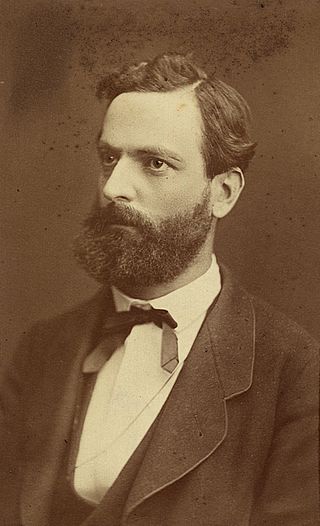
Heinrich Martin Weber was a German mathematician. Weber's main work was in algebra, number theory, and analysis. He is best known for his text Lehrbuch der Algebra published in 1895 and much of it is his original research in algebra and number theory. His work Theorie der algebraischen Functionen einer Veränderlichen established an algebraic foundation for Riemann surfaces, allowing a purely algebraic formulation of the Riemann–Roch theorem. Weber's research papers were numerous, most of them appearing in Crelle's Journal or Mathematische Annalen. He was the editor of Riemann's collected works.
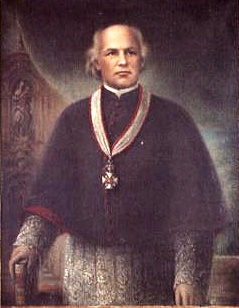
Franz Christoph Ignaz Moufang was a German Catholic theologian and diocesan administrator.

Heinrich Dernburg was a German jurist, professor, and politician. Born in Mainz, Grand Duchy of Hesse, he was the brother of Friedrich Dernburg and the maternal grandfather of the historian Heinrich Sproemberg.

Franz Xaver Dieringer was a Catholic theologian. He was a professor of dogma and homiletics at the University of Bonn.

Andreas Joseph Hofmann was a German philosopher and revolutionary active in the Republic of Mainz. As Chairman of the Rhenish-German National Convention, the earliest parliament in Germany based on the principle of popular sovereignty, he proclaimed the first republican state in Germany, the Rhenish-German Free State, on 18 March 1793. A strong supporter of the French Revolution, he argued for an accession of all German territory west of the Rhine to France and served in the administration of the department Mont-Tonnerre under the French Directory and the French Consulate.
Friedrich Heinrich Hugo Windischmann was a German orientalist, exegete and Catholic leader.

Johann Baptist von Hirscher was a German Catholic theologian associated with the Catholic Tübingen school. He exerted a great influence in the areas of moral theology, homiletics, and catechetics.
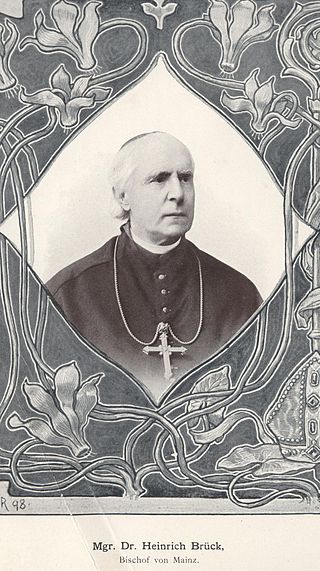
Heinrich Brück was a German Catholic church historian, and Bishop of Mainz.
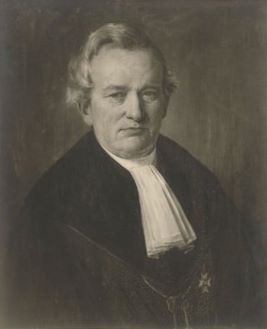
Franz Quirin von Kober was a German Roman Catholic priest, known as a canon lawyer and pedagogist.

George Phillips was a German canon lawyer.

Johann Friedrich von Schulte was a German legal historian and professor of canon law who was born in Winterberg, Westphalia. He was a leading authority on Catholic canon law.

Peter Landau was a German jurist, legal historian and expert on canon law.
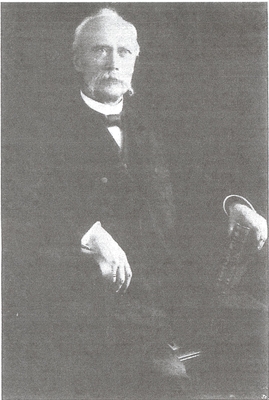
Gotthold Julius Rudolph Sohm was a German jurist and Church historian as well as a theologian. He published works concerning Roman and German law, Canon law and Church History.
Otto Karl Alexander Mejer was a German canon law specialist and church historian.
Aemilius Ludwig Richter was a German jurist.
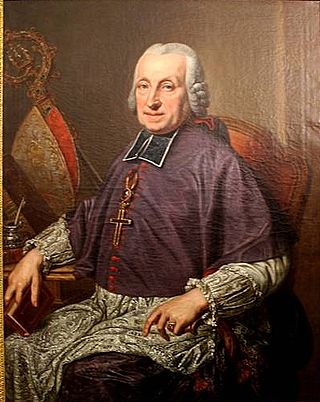
Stephan Alexander Würdtwein was a German theologian, auxiliary bishop of Worms, and historian, particularly of the Catholic Church and of the history of the city of Mainz.
















